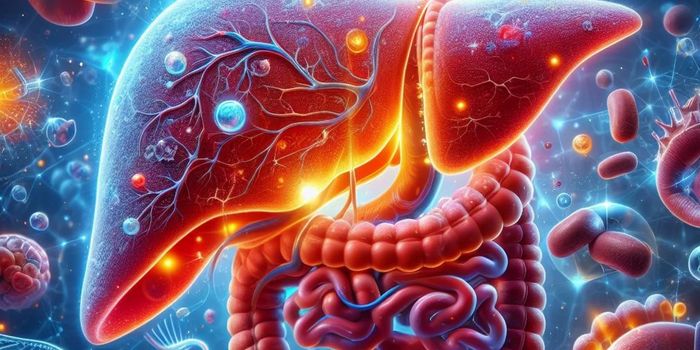No Evidence Showing Asthma Increases Severity of COVID-19
Scientists have been scrambling to learn as much as possible about the novel coronavirus, which causes the disease COVID-19. New discoveries concerning the virus are made every day, but one aspect of the disease that seems to be repeatedly reported is that individuals with chronic conditions are more likely to suffer more serious or even lethal forms of the disease. According to a new Rutgers University study, individuals may not have increased risk of severe COVID-19 after exposure to coronavirus, although asthma has long been considered a chronic respiratory condition.
Rather, explained study co-author Reynold A. Panettieri Jr., "older age and conditions such as heart disease, high blood pressure, chronic obstructive pulmonary disease, diabetes, and obesity are reported risk factors for the development and progression of COVID-19.”
Despite the face that some individuals with asthma also experience “diminished lung function” to the point where they require treatment to alleviate the inflammation, research still does not indicate that asthma is a factor for increased severity of COVID-19.
“There is limited data as to why this is the case -- if it is physiological or a result of the treatment to manage the inflammation,” Panettiere concluded. As researchers continue to understand more about the relationship between asthma and COVID-19 severity, there are several factors to consider.
For instance, the lack of an increased risk connection between asthma and COVID-19 may not have a physiological explanation. Individuals with asthma may be “hyper-vigilant” about protecting themselves from coronavirus exposure with social distancing, mask-wearing, and other public health measures. Additionally, social behaviors associated with the coronavirus pandemic, such as staying home to avoid exposure, may also be preventing exposure to environmental allergens or other respiratory viruses, which may make asthma worse for some individuals. Additionally, during the pandemic individuals with asthma may be more diligent about adhering to their regular asthma therapeutic regimens.
Treatments for asthma may also play a role. Many individuals with asthma use inhaled corticosteroids to manage their condition, and such treatments could prevent or reduce the ability of coronavirus to launch an infection in the human body upon exposure. Studies also show, though, that the same steroids are associated with reduced immune responses and suboptimal inflammation. Studies also show that steroids may delay clearing of other coronaviruses, such as SARS and MERS. Future research may more clearly delineate the relationship between inhaled steroid asthma treatments and the affected risk of coronavirus infection.
Lastly, individuals with asthma tend to be younger, and COVID-19 severity increases with age. Experts estimate that more than six million children (18 and younger) are living with asthma. Older people with asthma suffer from a more severe form of the condition known as “eosinophilic asthma” as opposed to younger people who are more likely to have asthma associated with less severe allergic inflammation.
Sources: Rutgers University, Journal of Allergy and Clinical Immunology, Asthma and Allergy Foundation of America








